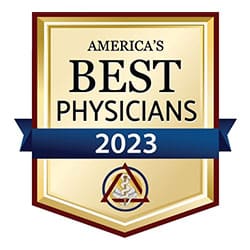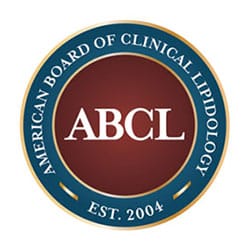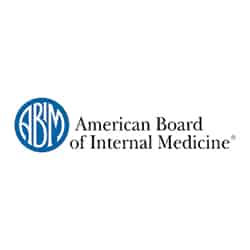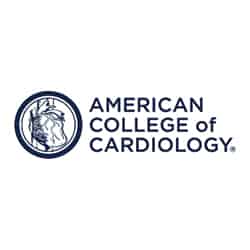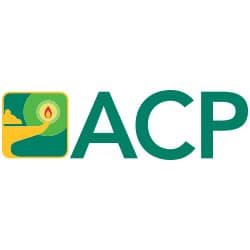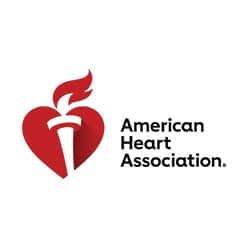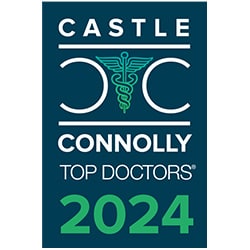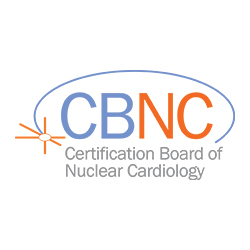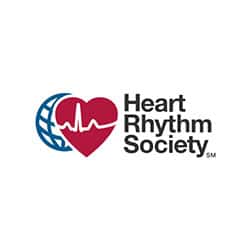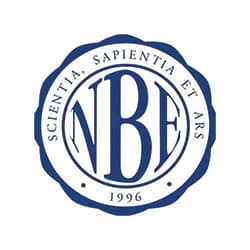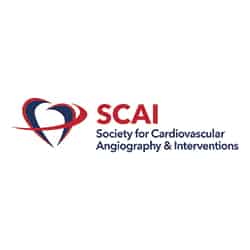PET scans are a type of imaging test that uses radioactive tracers to create detailed images of the body. PET scans are often used to diagnose and manage heart conditions, as they can provide valuable information about the heart’s function and structure.
“St. Louis Heart and Vascular (SLHV) has recently upgraded our PET scanner as an exciting addition to our Bridgeton location at 3550 McKelvey Road,” said Chief Operating Officer Michael Rosenblatt. The benefits of PET scans include improved accuracy in detecting blockages and heart attacks, while being non-invasive (no surgery).
“A cardiac PET stress scan helps determine the severity of blood flow blockages and exactly which areas of the heart have been damaged or scarred,” said SLHV cardiologist Sundeep Das, M.D. “These clear images and diagnostic insights allow your doctor to develop the most effective treatment plan just for you.”
While the risks of a PET scan are minimal, patients should be aware there is exposure to a small amount of radiation. Very rarely, patients may have an allergy to the radioactive tracer used in a PET scan. “The benefits of PET scans outweigh the risks, especially for people who are at risk for or have been diagnosed with serious medical conditions,” said Dr. Das.
Following your scan, you can resume your normal activities immediately. The radioactive tracer used in the scan is usually eliminated from your body within a few hours to a couple of days, and its effects are minimal. It is crucial to follow any post-scan instructions provided to you by SLHV. You should drink plenty of fluids to help flush the radioactive tracer out of your body more quickly. And always monitor yourself for any unusual reactions after your scan, such as fever, chills or rash. If you experience any of these symptoms, you should contact SLHV right away.
Your SLHV cardiologist will work with you to determine if you’re a candidate for a PET Stress Scan, considering all your individual needs and circumstances.
“The PET Stress Scan is a highly useful tool – we can use it to determine the extent of cardiovascular disease, or to monitor your progress within your treatment plan, or assess your heart muscle following a heart attack,” said Dr. Das. “We’re very pleased to be able to offer this expanded service to our patients.”
For more information about PET stress scans at SLHV, contact us at (314) 741-0911 ext 4221.

